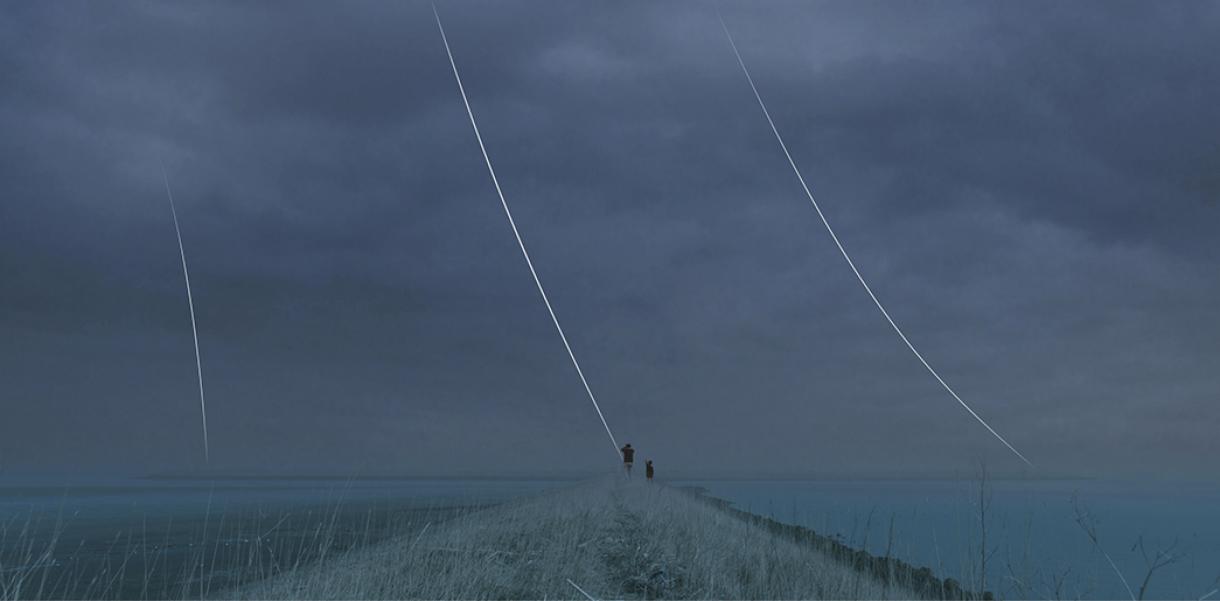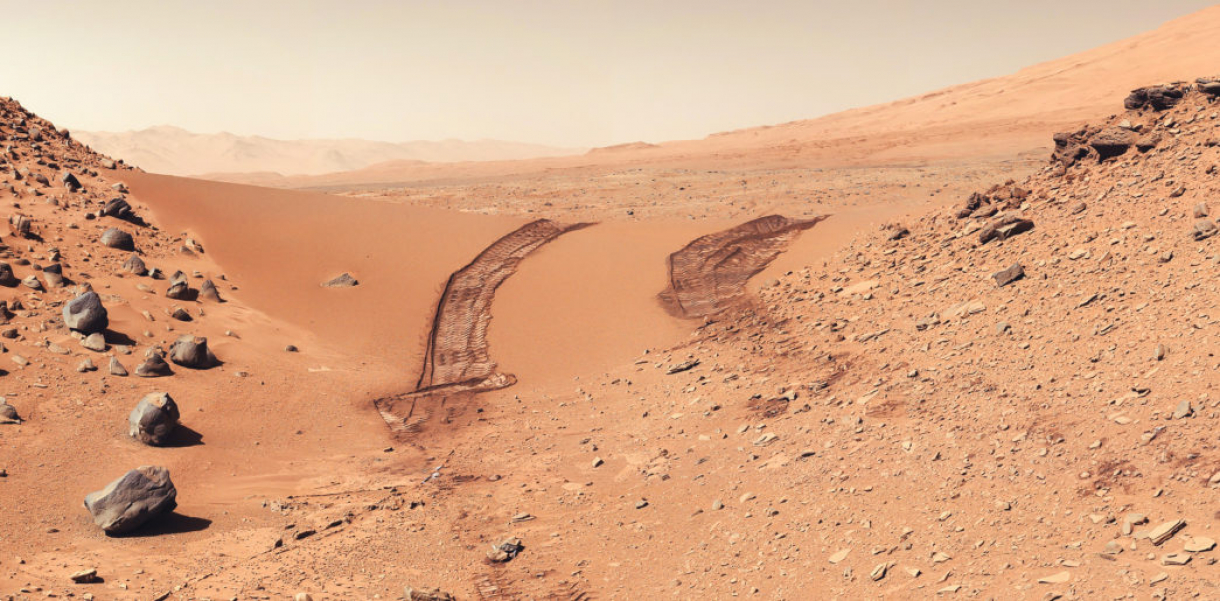We have just started a new year, and with every chapter that closes, new ones begin.
New Year's resolutions, hopes, dreams and wishes for the year ahead give rise to fresh beginnings, and boy, do we need to acknowledge and move on from the past couple of years of the pandemic.
It’s no different for organisations too, where ambitions, targets and goals are set to provide focus; but where are we headed? What happens when the clock is counting down to one of the most critical decades in our lifetimes; to avert climate catastrophes, biodiversity loss, political unrest, social and racial injustice, a global energy crunch and the list of endless challenges to address continues?
With the weight of these complex challenges I definitely feel overwhelmed by how complicated things get, and I’m in search of ways to gain insights, wisdom as well as practical ways to approach problem-solving.
And setting resolutions for the year ahead can be hard. Some good reads that have stuck with me this past year – published during the pandemic – have been quite helpful in not necessarily giving answers, but more importantly directing attention back to what’s within reach – that we can contextualise and practice in our own ways.
”I particularly agree with the idea that there is no single ‘natural’ cultural frame, human existence is a tale of diversity (…)”
Anthro Vision - How Anthropology can Explain Business and Life is a favourite. Gillian Tett was already a journalist I’ve enjoyed following for many years, so to read her book came as a welcome relief to look at problem-solving through the lens of an anthropologist. Her guidance on breaking down complex problems and gaining anthrovision really sparked my enthusiasm. I particularly agree with the idea that there is no single ‘natural’ cultural frame, human existence is a tale of diversity, and that we should seek to immerse ourselves in the lives and minds of others who are different in order to gain empathy for others.
I found Mariana Mazzucato’s Mission Economy uplifting and refreshing to read – her stance on looking at how common missions can bring both public and private sectors to work together beyond handouts, assistance and guarantees that we are typically expecting of our governments. It offers a hopeful picture of what is possible if risk and returns can be fairly distributed between public and private sectors as shared missions become the core motivation to benefit society.
An example of this is from the Apollo mission that spurred tremendous innovation and technology that not only changed our understanding of the human feat through space exploration; spurred by the geopolitical race to be the first to reach the moon – the discoveries that enabled that mission are the foundations of technologies that our society depends on five decades later!
The point of this book is to harness the power of mission-oriented approaches to solving our complex challenges by reimagining the full potential of a public sector driven by a public purpose to achieve outcomes that matter.
“It’s easy to feel helpless, knowing how to decode the complexity in our world. So being equipped with knowledge, tools and the right communities to navigate it, is paramount.”
Finally, Bildung – Keep Growing by Lene Rachel Andersen is a fantastic intellectual study on the life-long pursuits of learning and thriving. The word ‘Bildung’ whilst untranslatable is rooted in Germanic origins and philosophy and was introduced into the Danish folk-school system as a way to be autonomous as an individual but work towards the collective culture. I found this both helpful and comforting to learn about not just living Danishly, but by addressing tenets that make life meaningful and how we need Bildung for the 21st century.
It’s easy to feel helpless, knowing how to decode the complexity in our world. So being equipped with knowledge, tools and the right communities to navigate it, is paramount. Setting those hopes, dreams and wishes at the start of the year may not feel like an exercise in vain when you seek out the nuggets of wisdom from scholars, writers, and thought leaders like these.
I feel emboldened by these ideas both in a personal and organisational context. The conclusions are clear and have helped set my goals for the year ahead – may the year be filled with courage, experimentation, empathy, sense-making and the willingness to seek meaning and change if we are convinced that a better life is possible.






